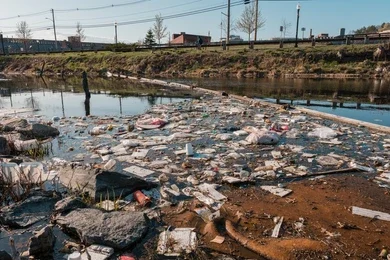
The U.S. grapples with an escalating waste management crisis, where overflowing landfills burden communities and contribute to environmental degradation. Cities struggle to implement effective recycling and composting programs, exacerbating pollution issues. Innovative solutions are urgently needed to reduce waste generation and promote sustainable practices. Citizens, businesses, and policymakers must collaborate to transform waste management into a more efficient and eco-friendly system.
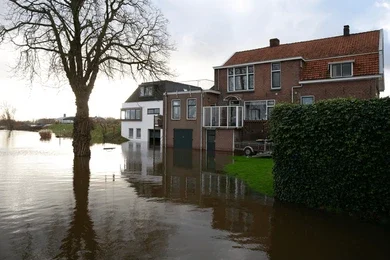
The Netherlands’ low-lying geography and reliance on water management make it particularly vulnerable to flooding, a risk amplified by climate change. Protecting communities, agriculture, and infrastructure demands adaptive strategies rooted in resilience and innovation. Cross-sector collaboration is essential to implement sustainable, future-ready flood mitigation systems.
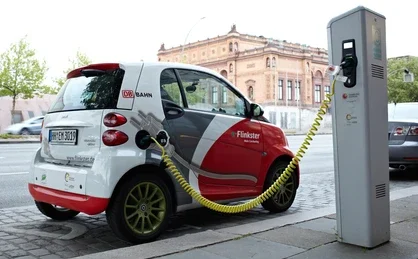
Germany’s cities face the pressing challenge of shifting to renewable energy while maintaining energy efficiency. As urban populations grow, smart infrastructure must be developed to integrate green energy without compromising economic performance. Sustainable urban growth will require coordinated efforts to innovate at the intersection of technology, policy, and environmental responsibility.
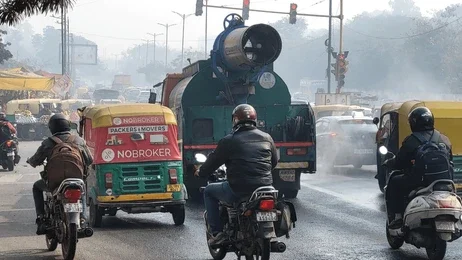
Urban air pollution in India, particularly in cities like Delhi, presents a pressing challenge as it severely compromises public health and diminishes the quality of life. With increasing industrial emissions, vehicle exhaust, and construction dust, the air quality deteriorates to hazardous levels. This leads to respiratory diseases, cardiovascular conditions, and overall well-being decline among residents. Immediate action is required to implement effective policies, promote clean energy, and raise public awareness to combat this crisis.
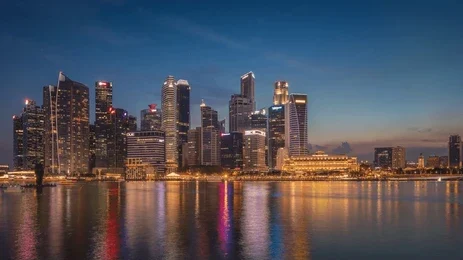
Singapore faces the Urban Heat Island effect, where dense infrastructure and limited greenery significantly elevate urban temperatures. This intensifies energy consumption, strains public health, and reduces overall livability. To enhance resilience and ensure a sustainable urban future, innovative solutions like green roofs, urban forests, and climate-responsive planning are urgently needed.
